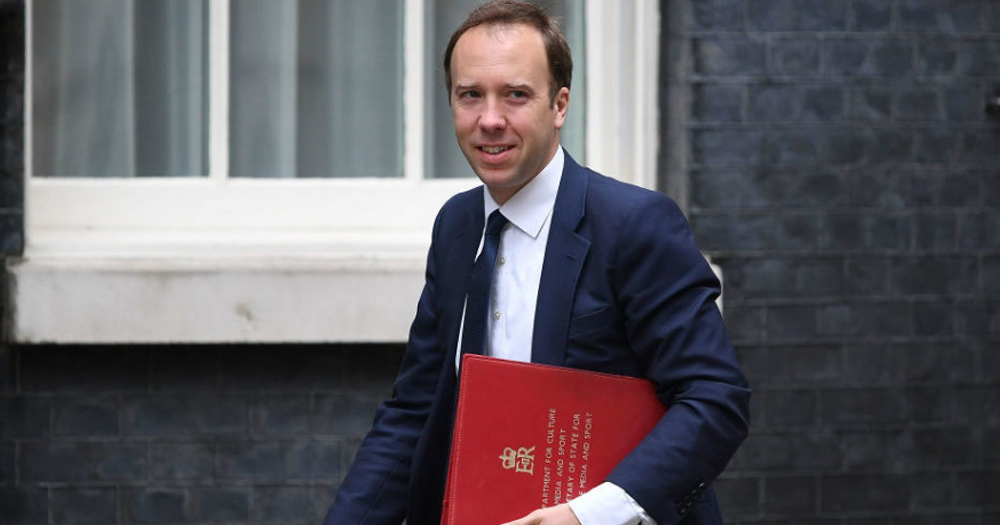The UK government has announced plans to end the transmission of HIV by 2030.
Matt Hancock, the Health Secretary has pledged to bring new diagnoses to zero in the next eleven years.
New rates of HIV diagnosis have been decreasing in the UK. The country has already hit the global HIV prevention targets for 2020.
To end the transmission of HIV, the UK government will invest increased funding into targeted prevention methods.
The pledge will see £600,000 of public funding going towards 13 local initiatives in order to help reduce the risk of people contracting or passing on HIV.
Additionally, Penny Mordaunt, the International Development Secretary has promised to invest £2 million into global HIV prevention methods.
Speaking ahead of tomorrow’s AIDSfree Cities Global Forum, the Health Secretary said:
“HIV and AIDS are challenges we must rise to. The injustice, the unfairness, and the sadness they have brought and bring to this day must be tackled by us all.
“My generation grew up knowing AIDS was a potential death sentence. That doesn’t have to be the case anymore. Thanks to medical breakthroughs, public health campaigns, breaking down stigma and better education, AIDS is no longer a death sentence here.”
Hancock continued:
“I feel proud that Britain has made such progress. But when I think about what’s going on elsewhere, I feel anger that our progress is not yet reflected around the world.”
Hancock spoke about HIV rates at an international level:
“We’re all part of the global solution to this global challenge. What we do locally in London, in Delhi, in Nairobi, in Maputo, in Kiev, in Atlanta, in other cities has an impact globally.”’
Hancock then outlined the goal of the scheme:
“So today we’re setting a new goal: eradicating HIV transmission in England by 2030. No new infections within the next decade.”
In Ireland, however, new rates of HIV diagnoses have reached an all-time high. At 531, HIV diagnoses in 2018 increased by 8% compared to 2017, and these rates are 6% higher than the previous high of 502 diagnoses in 2016.
© 2019 GCN (Gay Community News). All rights reserved.
Support GCN
GCN is a free, vital resource for Ireland’s LGBTQ+ community since 1988.
GCN is a trading name of National LGBT Federation CLG, a registered charity - Charity Number: 20034580.
GCN relies on the generous support of the community and allies to sustain the crucial work that we do. Producing GCN is costly, and, in an industry which has been hugely impacted by rising costs, we need your support to help sustain and grow this vital resource.
Supporting GCN for as little as €1.99 per month will help us continue our work as Ireland’s free, independent LGBTQ+ media.

comments. Please sign in to comment.